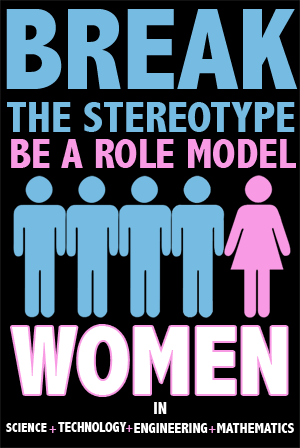Another New Year, another set of New Year’s resolutions. This January we want you to be the best you that you can be! And it just so happens that January is National Mentoring Month! So, here are Kelly Fair’s New Year’s Resolutions to provide some inspiration for aspiring entrepreneurs and change-makers.

6 New Year’s Resolutions for 2016:
1) Declutter and Reorganize. In this New Year, you need to pull it all together! Go through your home and office and remove what you don’t need. Remember, it doesn’t have to go in the garbage. Some of your items can be donated (even office supplies), or have a garage sale! I used to make the mistake of holding on to old clothes that no longer fit me, because I lost weight. What I found out was if I didn’t get rid of the clothes, or get them altered to fit my new size, I eventually found my way to fitting them again. So, pigeonholed clothes that were too big for me cleared things out, and kept me out of a cycle of weight gain. By decluttering and reorganizing you will feel refreshed and ready for a year of productivity. No more losing important documents, your favorite pen.
2) Understand Your Finances. This is key to having a successful year! This applies not only to any business or non-profit endeavors, but your personal life as well. But, I’ve found my improved financial habits in my business, help me create better habits while managing my personal financial matters as well. Consider creating a money management system to show you how much your spending, what you’re spending it on, and how much you are saving. You won’t believe what kind of waste might be happening right under your nose from mindless money management. If you aren’t sure how to tackle this project, go to your library and check out a book on finance management, and seek referrals from trusted people for a great financial planner, or accountant that can help improve your personal and professional outcomes.
3) Be Social, Be Smart. As years pass, it gets harder to maintain relationships. Make it a goal this year to reconnect with those who are lost and strengthen your ties with the people around you. But that doesn’t mean you have to become best friends with everybody! Be smart about your social life. Surround yourself with the people who support you. You’re gonna be tackling some big plans this year and you need all the encouragement and constructive feedback you can get! And, as a mentor, or one running a mentoring organization, good people will support you even when your youth and community work Jerrod you really busy, and won’t allow you to have as much social time. Good people can recognize and sorry you in your passions. Most importantly, don’t lose touch with your mentors–if they taught you something before, they can teach you something now.
4) Read More. You should never stop reading. Novels, poetry, how-to’s, and history books–they all have something to offer us. And don’t forget to read more news. Stay updated on current events locally, nationally, and globally. How can you expect to change the world if you don’t know what is happening in the world. Stay updated!
5) Act. This year isn’t going to be just another year of dreaming and hoping. This year you are going to take action. Is there a non-profit you wanted to start or an entrepreneurial endeavor you’ve been planning, or have you been planning to support others’-mentoring organizations in greater capacity? 2016 is the year you are going to make it happen. So find that pen and paper and start planning. You need weekly and monthly goals to keep yourself moving forward. And somebody to hold you accountable!
6) Find Time For Yourself. Never lose sight of your own health. You have to be at the best you can be this year to accomplish your goals. Find time everyday for some self-care. Whether its an a work out, meditation, at-home manicure or your favorite TV show, give yourself that time to relax! We want you to be at your most productive, passionate, and confident self!
We believe that when you are at your best, then you are in the optimal position to not only impact the lives of others, but to be the best leader you can be.




 While women are getting careers at tech companies, they are not actually involved in computing roles. So, what gives?
While women are getting careers at tech companies, they are not actually involved in computing roles. So, what gives?
